Students have had a lovely day out today at Coventry Cathedral today. They attended workshops, the Blitz experience exhibition and enjoyed a guided tours of the old and modern Cathedral.
#Respect #coventrycathedral
... See MoreSee Less
🟣 Students are required to wear normal uniform from tomorrow (Wednesday 2nd July), however blazers are optional. Thank you. 🟣
... See MoreSee Less
Tomorrow is Transition Day at RFSS! We are really excited to meet our new Year 7 students. Our Student Services doors will be open from 8.50am. Please email info@rugbyfreesecondary.co.uk if you have any queries. See you all tomorrow 😀
#curiosity
... See MoreSee Less
☀️ Students are able to wear their RFSS PE kit again tomorrow (Tues 1st). This includes the students on the Coventry Cathedral trip. ☀️
... See MoreSee Less
🤩 Tickets are now fully booked for our annual Talent Show, tomorrow night. We are looking forward to a fantastic night of entertainment!
#rfsscelebrates
... See MoreSee Less
Friday night under the lights! A few more 📸 from Year 11’s Prom night!
Thank you to everyone who planned the event, and made it happen.
... See MoreSee Less
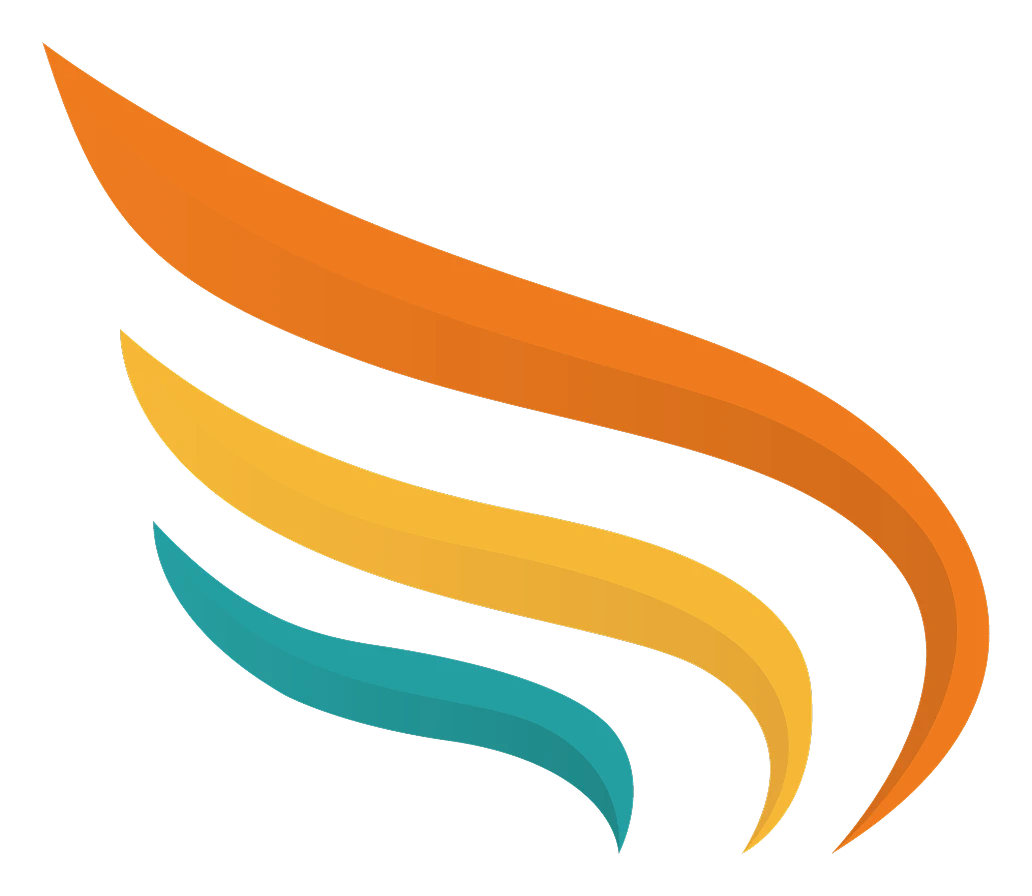
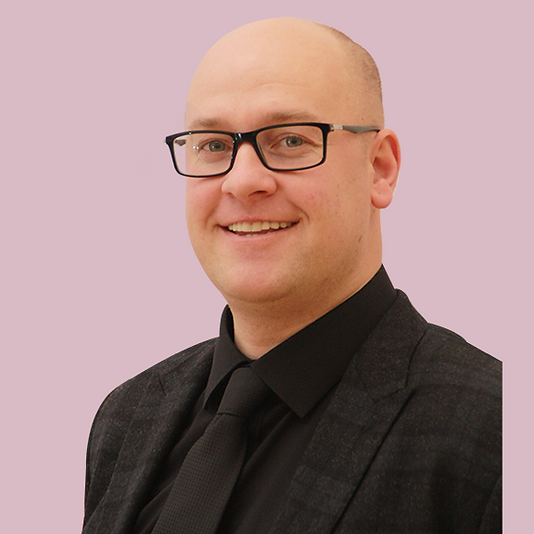



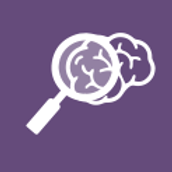




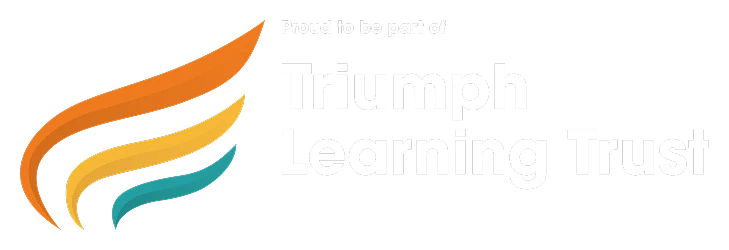
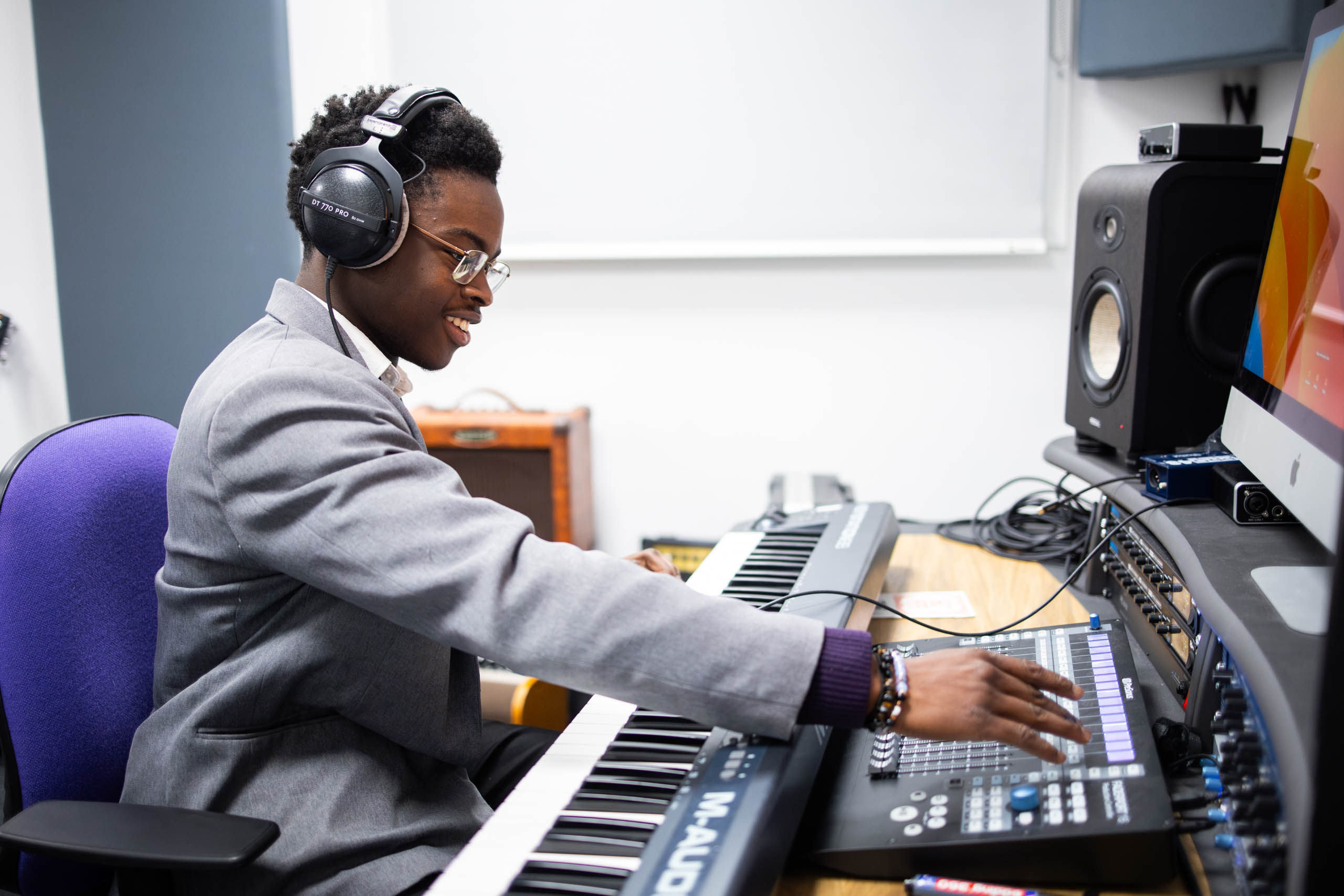

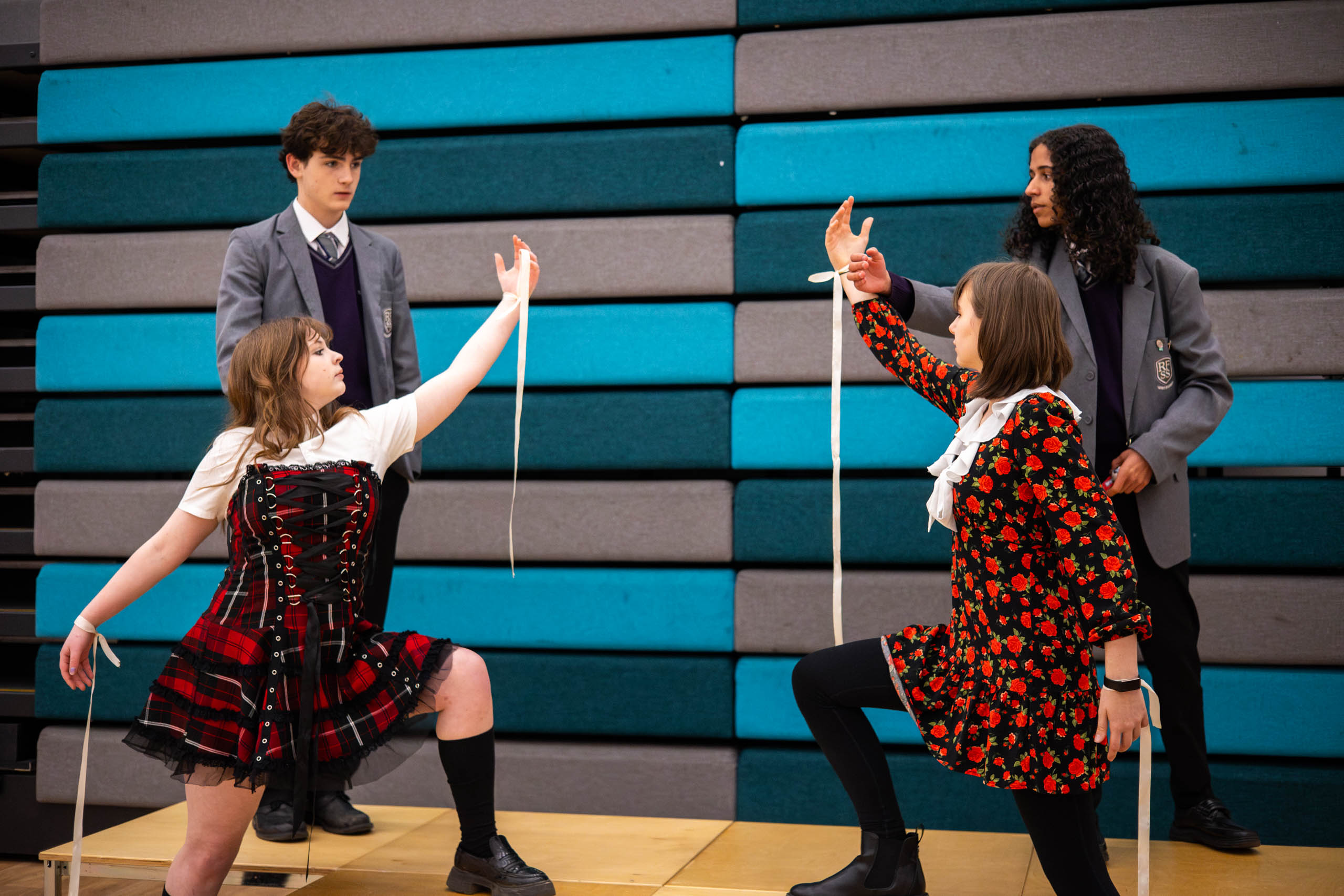
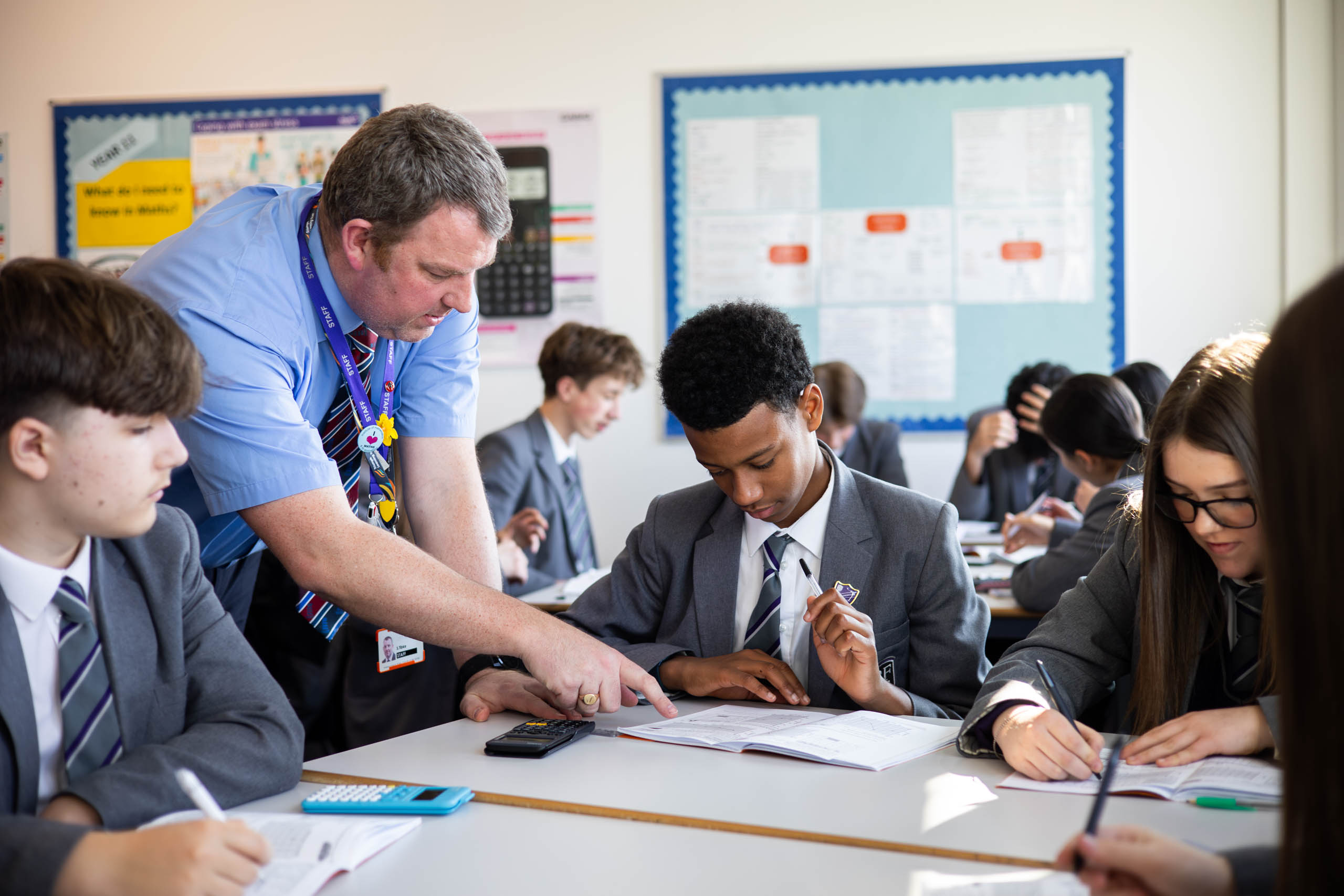
What’s happening at
Rugby Free Secondary School
Stay updated with the latest news by following our Facebook feed.
Students have had a lovely day out today at Coventry Cathedral today. They attended workshops, the Blitz experience exhibition and enjoyed a guided tours of the old and modern Cathedral.
#Respect #coventrycathedral ... See MoreSee Less
0 CommentsComment on Facebook
🟣 Students are required to wear normal uniform from tomorrow (Wednesday 2nd July), however blazers are optional. Thank you. 🟣 ... See MoreSee Less
0 CommentsComment on Facebook
Tomorrow is Transition Day at RFSS! We are really excited to meet our new Year 7 students. Our Student Services doors will be open from 8.50am. Please email info@rugbyfreesecondary.co.uk if you have any queries. See you all tomorrow 😀
#curiosity ... See MoreSee Less
0 CommentsComment on Facebook
☀️ Students are able to wear their RFSS PE kit again tomorrow (Tues 1st). This includes the students on the Coventry Cathedral trip. ☀️ ... See MoreSee Less
1 CommentsComment on Facebook
🤩 Tickets are now fully booked for our annual Talent Show, tomorrow night. We are looking forward to a fantastic night of entertainment!
#rfsscelebrates ... See MoreSee Less
0 CommentsComment on Facebook
Friday night under the lights! A few more 📸 from Year 11’s Prom night!
Thank you to everyone who planned the event, and made it happen. ... See MoreSee Less
8 CommentsComment on Facebook